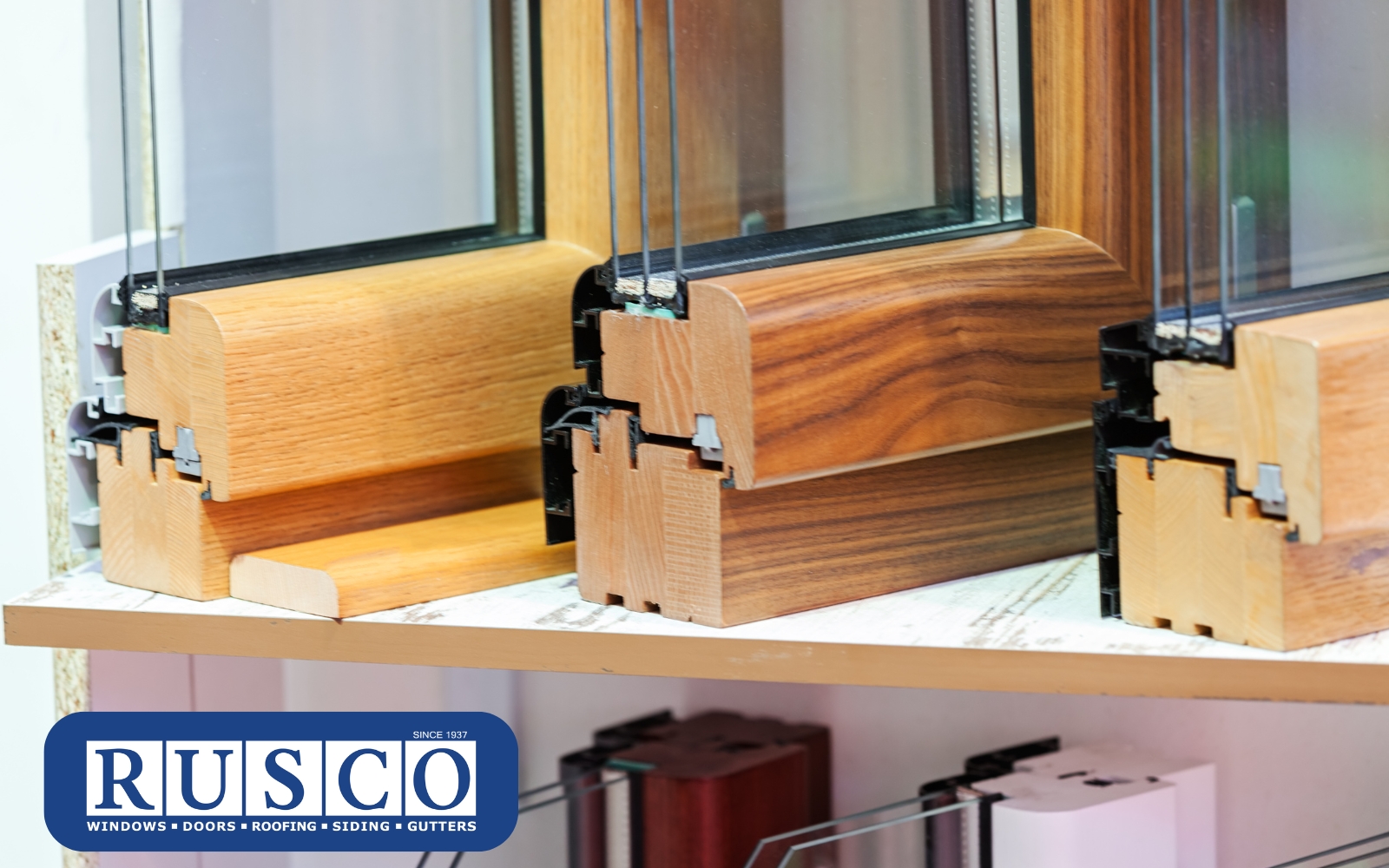Windows do more than allow in sunshine and fresh air—they define the character of your home, playing a vital role in durability, maintenance, and energy efficiency. However, while most homeowners focus on glass cleanliness and quality, the frame material is equally essential.
The best frame material for your windows will enhance curb appeal, reduce power bills, and withstand decades of elemental damage. The wrong choice will lead to drafts, warped frames, and costly replacements that degrade the longevity of the entire window.
How do you decide between wood, vinyl, and fiberglass?
Each window frame material has drawbacks and advantages, from timeless aesthetics to maintenance demands and energy performance. Understanding these differences will help you invest wisely in frame materials that fit your home, budget, and climate, so let’s break down what you need to know.
Wood, Vinyl, Aluminum, or Fiberglass: What’s Best for You?
If you love the timeless charm of historic homes, wood frames offer stunning aesthetics and insulation. But if you’re more of a “set it and forget it” homeowner, vinyl is your best choice. The frame material is affordable, low-maintenance, and energy-efficient, so you get the benefits of high-quality window frames without sacrificing your leisure time.
Aluminum frames are ideal for modern designs and withstand the wear and tear of harsh weather. However, they can lack proper insulation for adequate heating and cooling. Fiberglass combines aluminum’s durability with wood’s insulation, making it a rising star in window frame materials.
Pros and Cons of Common Window Frame Materials
- Wood is gorgeous and highly insulative but requires regular maintenance to prevent warping and decay.
- Vinyl is budget-friendly and low-maintenance, but it lacks wood’s natural, beautiful look.
- Aluminum is strong and sleek with a solid foundation, but the material is prone to condensation and excessive heat transfer (which can murder your power bills).
- Fiberglass is durable and energy efficient but is often more expensive than other window frame materials.
How Frame Material Impacts Durability and Maintenance
If you live in an area with extreme weather changes, durability should be prioritized regarding window frames. Wood frames are aesthetically pleasing but can warp and decay in humid weather (unless regularly painted and sealed). Aluminum frames hold up well against storms but can dent and corrode over time.
Vinyl and fiberglass require the least maintenance—vinyl never needs painting, and fiberglass is nearly indestructible (but way more expensive). Choosing the right window frame material can mean the difference between years of hassle-free windows and constant upkeep.
To learn more about your options, contact Rusco for information!

